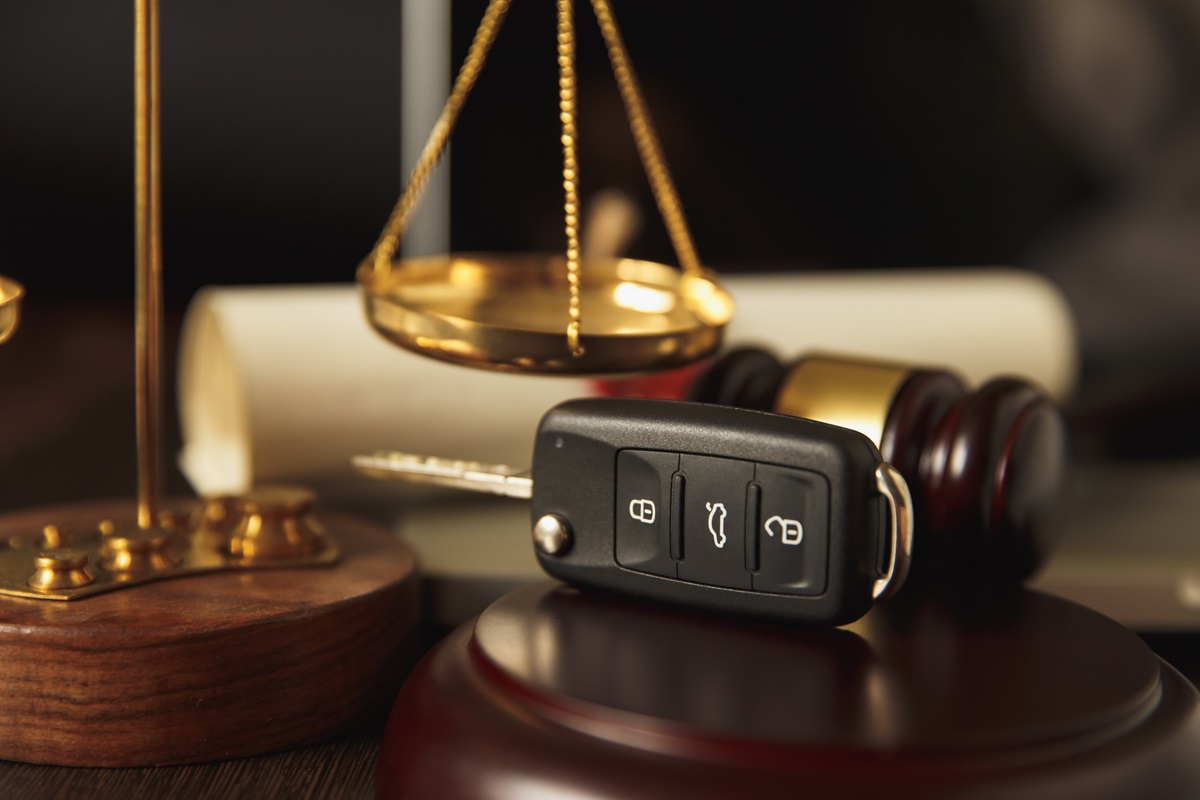Contents of this Post
ToggleNavigating the aftermath of a car accident can be a challenging and intricate process, particularly when it comes to deciding whether to settle or litigate. This decision can have significant implications for the parties involved, especially in regions with specific legal nuances. Understanding the fine distinctions between negotiation and litigation is crucial for anyone involved in such scenarios.

Negotiation: The Preferred Route
Negotiation serves as the primary and most favored approach in settling car accident cases in Oklahoma and anywhere else, often initiated before considering litigation. This process typically involves direct discussions between the parties involved or, more commonly, negotiations between their insurance companies.
Advantages Of Negotiation
- Cost-Effective: By opting for negotiation, parties avoid the substantial expenses associated with litigation, such as court fees, attorney fees, and the costs of gathering evidence and expert testimony.
- Time-Saving: Legal proceedings can be lengthy, often taking months or even years to resolve. Negotiation, on the other hand, can conclude in a matter of weeks or months, depending on the complexity of the case and the willingness of parties to compromise.
- Control And Flexibility: Unlike a court verdict, negotiation allows parties to have a direct hand in shaping the settlement. This control enables parties to tailor the resolution to their specific needs and interests, such as structuring a payment plan or agreeing on specific terms that a court might not ordinarily impose.
- Confidentiality: Negotiations are conducted privately and aren’t part of the public record, unlike court cases. This aspect is particularly beneficial for individuals and businesses concerned about public perception and privacy.
Ideal Scenarios For Negotiation
- Clear Liability: Negotiation is most straightforward when there’s no dispute over who’s at fault. In such cases, discussions can focus more on the extent of damages rather than on establishing liability.
- Minor Injuries: In incidents where injuries are minor and recovery is quick, negotiation can efficiently address compensation without the need for extensive medical documentation and legal scrutiny that more severe injuries might warrant.
- Insurance Coverage: If the damages fall comfortably within the parameters of insurance policy coverage, negotiation can be a straightforward process, as insurers are generally keen to settle claims expediently within policy limits.
- Desire For Quick Resolution: Both parties may prefer a swift resolution to avoid the uncertainties and stresses of prolonged legal battles. This mutual desire for a quick settlement often makes negotiation an optimal path.
Negotiation in car accident cases stands out as a practical and efficient method of dispute resolution. Particularly in cases with clear liability, minor injuries, adequate insurance coverage, and a mutual desire for a speedy resolution, negotiation can be an effective means to a fair and satisfactory settlement.
Litigation: The Path Of Legal Action
In car accident cases, litigation is a path taken when the parties involved can’t reach an agreement outside of court. This process involves presenting the case before a judge or jury, who then makes a decision based on the evidence and legal arguments presented.
Advantages Of Litigation
- Fair Judgment: One of the primary benefits of litigation is the impartiality of the decision-making process. A judge or jury, detached from the parties involved, evaluates the evidence and arguments to make a decision. This neutrality helps ensure that the outcome is fair and based solely on the merits of the case.
- Legal Precedents: Court decisions, especially in higher courts, often set legal precedents, which can influence the handling of future similar cases, contributing to the development of legal standards and practices.
- Potential For Higher Compensation: In some instances, litigation can result in higher compensation than what might be achieved through negotiation. This is particularly true in cases where the plaintiff has strong evidence of the other party’s fault and substantial damages or injuries.
Scenarios When Litigation Is Advisable
- Disputed Liability: Litigation is often the best recourse when there’s a significant disagreement over who’s at fault in the accident. In such cases, the court can objectively assess the evidence to determine liability.
- Severe Injuries: In cases involving severe or life-altering injuries, the compensation required may be substantial to cover medical bills, lost wages, and pain and suffering. If negotiations don’t offer adequate compensation, litigation can be a way to seek the full extent of damages owed.
- Uncooperative Insurance Companies: Sometimes, insurance companies may refuse to offer a fair settlement or deny a claim unjustly. In these situations, taking legal action can be a way to ensure that the insurance company fulfills its obligations.
- Legal Complexity: Certain car accident cases involve complex legal issues, such as disputes over insurance policy interpretations or cases that involve multiple parties. These complexities often require the detailed legal analysis and procedural rigor that a court setting provides.
While more time-consuming and costly than negotiation, litigation plays a crucial role in the resolution of car accident cases, especially in circumstances where negotiation is untenable or unfair.
Making The Right Choice
Deciding whether to negotiate or litigate a car accident case is a crucial choice. It requires a thorough assessment of the specific circumstances of the accident, the severity of damages, and an understanding of the legal environment. By carefully considering these factors, individuals can make informed decisions that best suit their situation, ensuring a fair and just outcome. You can consult the help of the best car accident attorney in your area to determine what the best decision for you will be.

